I have a set of data where longitude and latitude are the independent variables and temperature is the dependent variable. I want to be able to perform extrapolation to get temperature values outside of the range of the latitude and longitude. The best way I thought to do this was to perform a multiple regression.
I know that sklearn has the functionality to perform a linear multiple regression from their linear_model library.
from sklearn import linear_model
regr = linear_model.LinearRegression()
regr.fit('independent data', 'dependent data')
However, my temperature doesn't seem to have a linear relationship with the latitude or with the longitude. Thus, some of the values I extrapolate seem to be off.
I was thinking that I could perhaps improve the extrapolation by performing a polynomial multiple regression instead of a linear one.
Is there some library out there already that provides this functionality?
